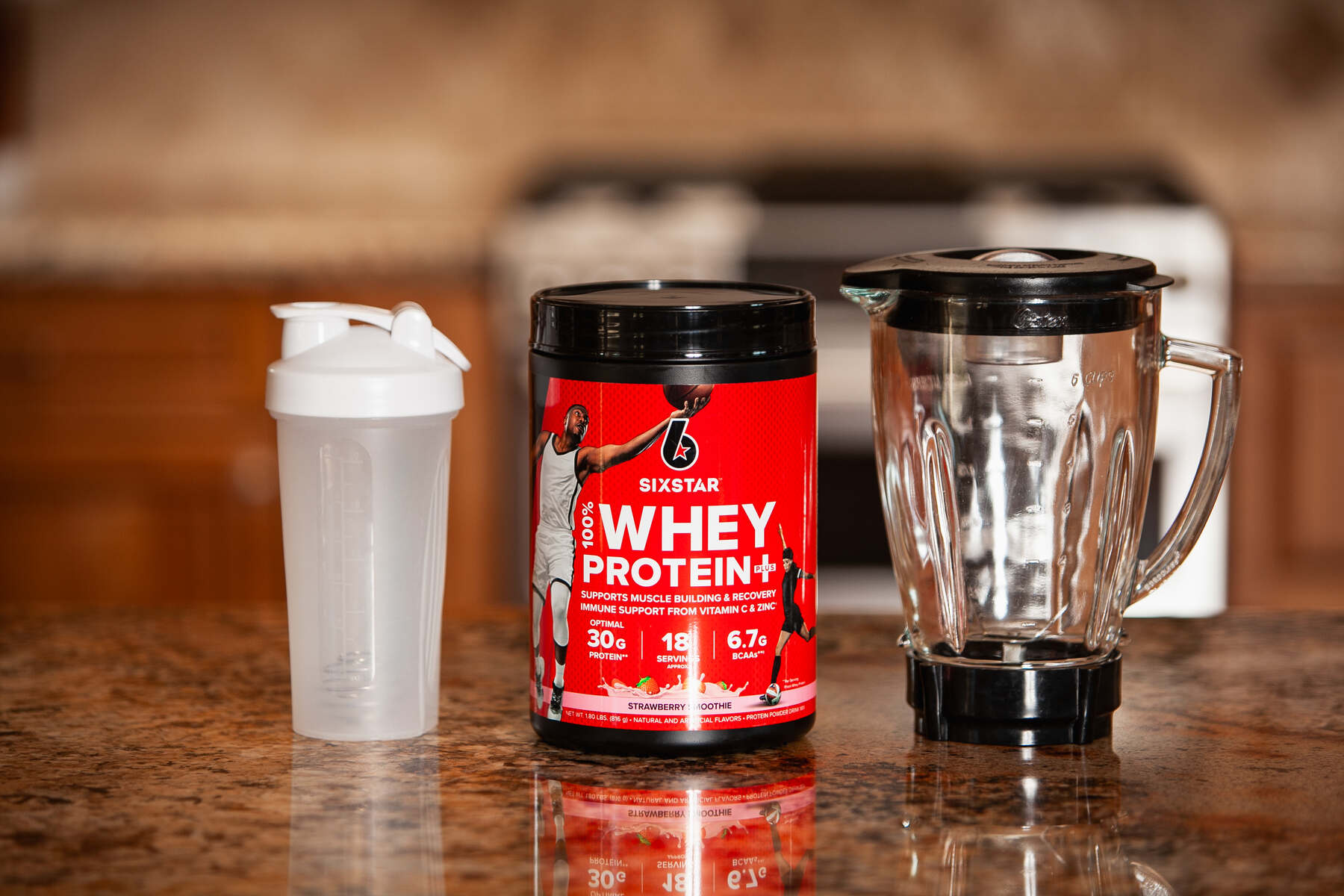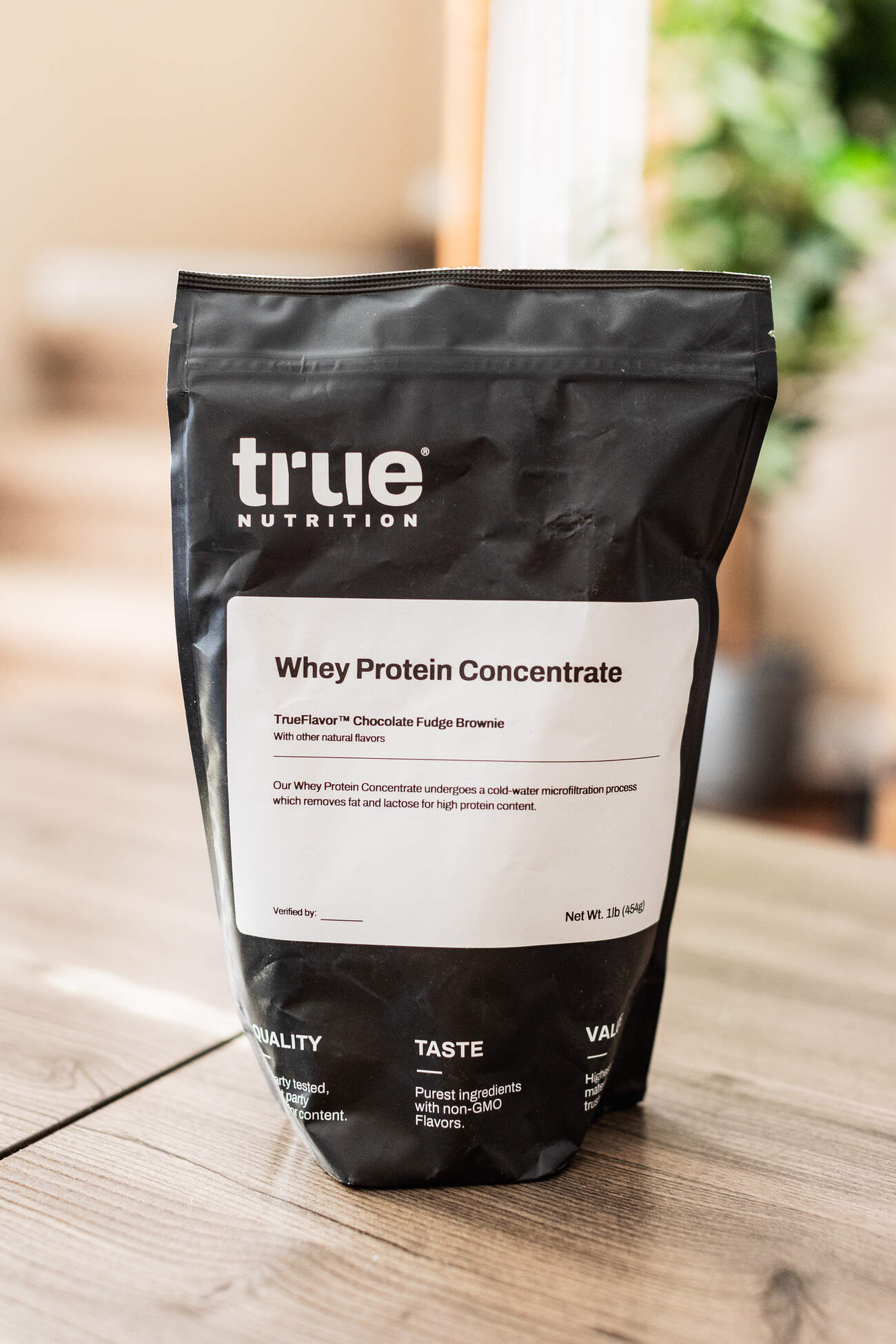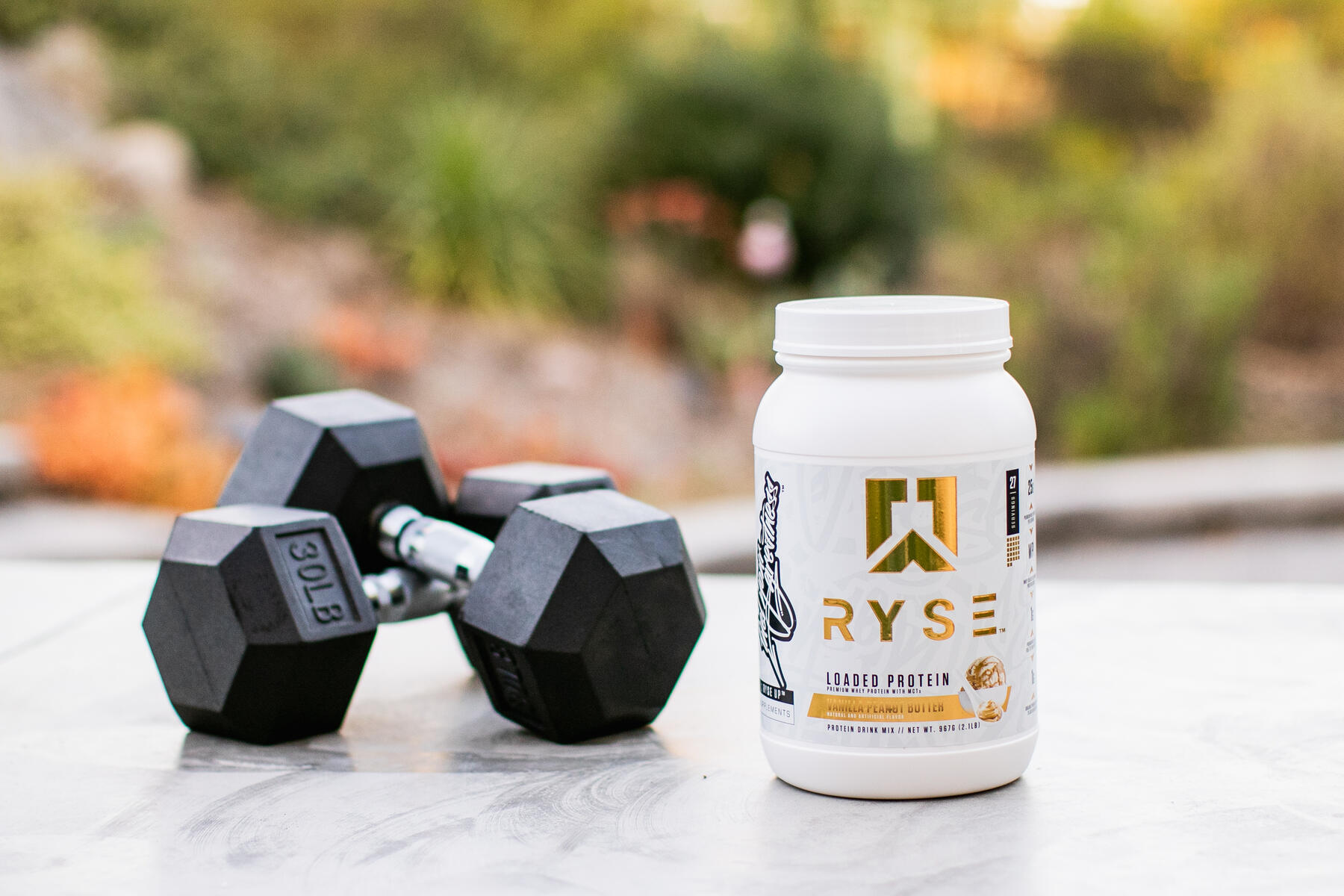As a nursing mother, you will need extra protein sources to meet your increased nutritional needs, especially if you lead an active lifestyle. While whey protein powders and shakes are good ways to meet your protein needs, the big question is -is whey protein safe while breastfeeding?
Is Whey Protein Safe While Breastfeeding?
Yes, whey protein is safe while breastfeeding. Because their bodies are under demand to produce milk, breastfeeding mums naturally have extra nutritional needs. They especially need more protein than usual to fully support the production of milk, and a good source of this needed protein is whey.

Whey protein is not bad and is considered safe while breastfeeding, and is also recommended for its many benefits. However, not all whey products out there are suitable for breastfeeding mothers. Therefore certain factors such as nutritional value and ingredients must be considered before consuming any particular product.
Benefits of Whey Protein During Breastfeeding
Whey does offer numerous benefits to breastfeeding mothers and their babies if consumed in the right amount. However, before consuming the product, check in with your doctor to confirm you can. Here are a few of these benefits:
Provides Extra Nutrition
Whey protein is a great way of providing your body with the extra nutrition needed to meet milk production demands. This is especially important if you have to get back into a more active lifestyle and do not have the time to sit around and ensure you consume your daily quota of nutrients.
Boosts Baby Growth
Whey can help your child grow healthy and strong by:
- Forming the building block for your child’s body cells
- Boosting your baby’s immune system through the increased production of antibodies that fight infection
- Helping build your baby’s tissues
Keeps Hunger at Bay
Breastfeeding moms must take in about 400 – 500 extra calories than they did when pregnant. Due to this, they are almost always hungry and need to feed constantly. Whey powder and shakes can help nursing moms feel fuller for longer, limiting how much food they consume.
Promotes Postpartum Healing
Research has shown that consuming sufficient protein after birth and during breastfeeding can promote the rate at which your body heals from birth. It is especially great for people who had a cesarean birth, extended labor, or experienced some damage to their pelvic floor.

Works for Postpartum Weight Loss
Protein is one of the best nutrients for nursing mothers looking to lose the extra weight they added during pregnancy. Unlike carbohydrates that lead to a buildup of sugar and fat, protein supports the growth and maintenance of lean muscle. This, therefore, quickens their return to pre-pregnancy weight.
Boosts Your Energy
When you breastfeed, your body works extra time to support you and your child; therefore, you might feel tired and exhausted. Consuming whey protein is a great way to pump your body with enough energy for daily activities.
Provides a Convenient Protein Option
Whey powder or shakes are a very convenient option for nursing mothers looking to meet their daily required protein intake. Whey powder is easy to mix into shakes or smoothies, thus allowing you to feed on the go.
What to Look Out for When Purchasing Whey for Breastfeeding
Not all whey powders are created for the needs of nursing mothers. Most whey products are created specifically for athletes and may contain certain ingredients that could harm you or your child. It is, therefore, important to be intentional about the kind of product you purchase.
When purchasing whey as a nursing mother, here are a few things to look out for:
Nutritional Value
The nutritional value of a whey product is the most important consideration when purchasing. Ensure that you go for a brand that uses a high-quality whey base that offers a high protein content. The product should also be gluten-free, low carb and low-fat.
Amount of Artificial Ingredients
One major factor you need to consider in any whey product as a nursing mother is its number of artificial ingredients. You want to be careful about purchasing products with ingredients such as:

- Artificial sweeteners
- Synthetic vitamins
- Caffeine or other stimulants
- Cheap fillers.
Generally, the fewer additives, the better.
Opt for Certified Brands
When purchasing whey, you should pay extra attention to brands that have been certified by the USDA, as well as the FDA. When a brand is certified, its products are created under safe conditions and duly tested for quality and safety.
Related Questions
How Much Protein Do You Need While Breastfeeding?
Nursing mothers should take about 1.7 – 1.9 grams of protein per kg of their body weight daily. However, this figure may vary slightly, depending on certain factors, such as whether or not you’re practicing exclusive breastfeeding and the number of kids you’re breastfeeding. To ensure your exact protein needs, speak to a nutritionist or doctor.
How Can Nursing Mothers Incorporate Protein Into Their Daily Feeding Routine?
Nursing mothers can incorporate protein into their daily routine, including purchasing a whey shake or powder. The protein powder must be mixed with water, milk, or any liquid of your choice and can be poured into a bottle to be taken on the go.
What Ingredients Should I Avoid in Whey Protein When Breastfeeding?
As a breastfeeding mother, the ingredients to avoid in whey protein include guarana, green tea extract, caffeine, ginseng, and fat-burning mixtures. You should also avoid any artificial ingredients, such as sweeteners or preservatives. While these ingredients may not harm your body, they may harm your baby.
Conclusion
In the article, it’s been established that whey is not only safe while breastfeeding, but it also offers numerous benefits to nursing mothers and their babies. Before consuming any whey product, however, you need to ensure that it contains safe ingredients for you and, even more important, your baby.